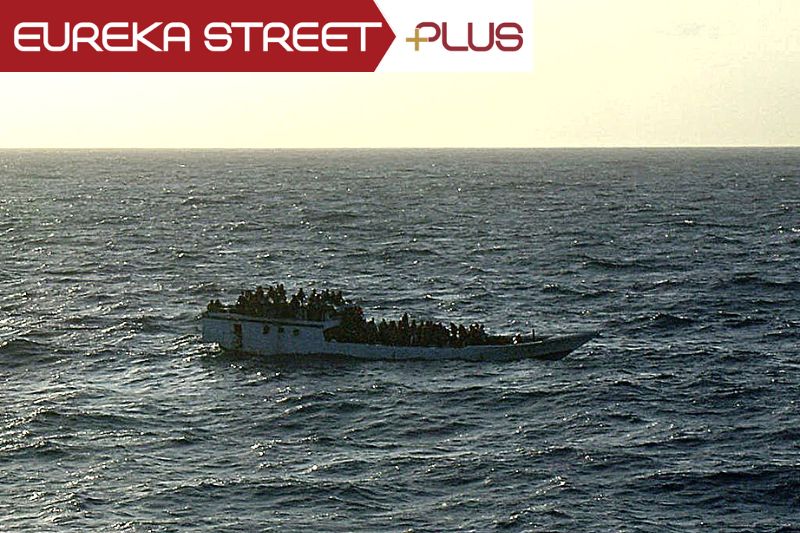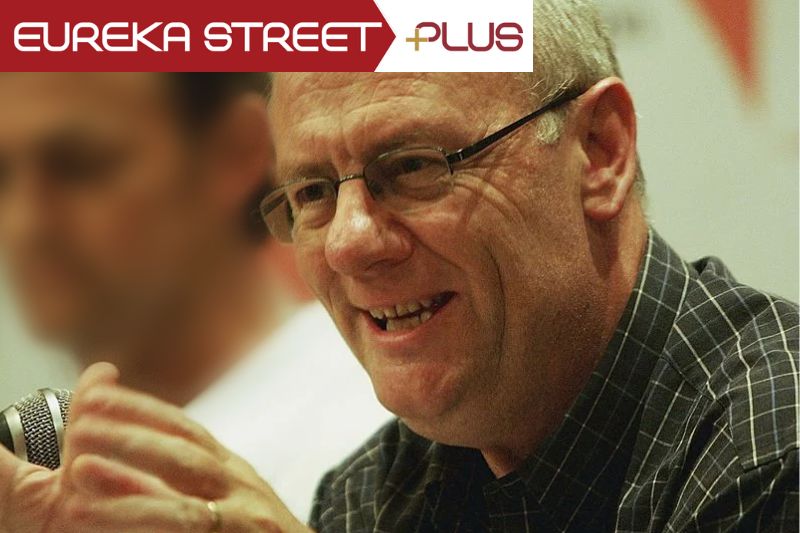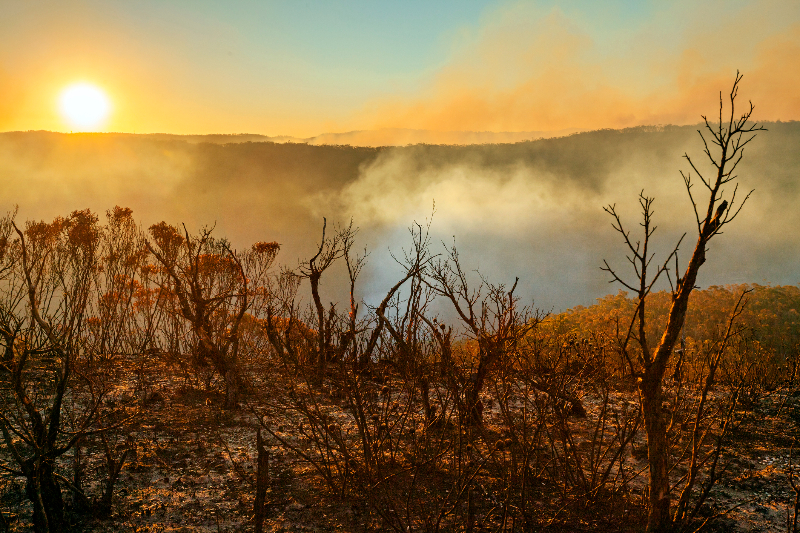Keywords: Social Justice And Humanitarian Writing
-

AUSTRALIA
- Kerry Murphy
- 04 January 2024
Throughout recent decades of Australian history, the stance every government has taken on asylum seekers has reflected the shifting political landscapes and challenging humanitarian issues that have continually shaped Australia's response to those seeking refuge.
READ MORE 
-

AUSTRALIA
- Kerry Murphy
- 28 July 2023
How has Australia's asylum seeker policy changed over the past thirty years? The approach of every government has reflected the shifting political landscapes and challenging humanitarian issues that have continually shaped Australia's response to those seeking refuge.
READ MORE 
-

AUSTRALIA
- Barry Gittins, Tim Costello
- 07 October 2022
1 Comment
Reverend Tim Costello's informal status as a nagging conscience to many Australian governments, including the Howard government in which his brother Peter served as federal treasurer, was formally acknowledged when the National Trust of Australia chose him as a ‘National Living Treasure’. Barry Gittins speaks to Tim Costello about the nature of power, and its place and exercise in public life.
READ MORE 
-

RELIGION
- Andrew Hamilton
- 19 August 2021
11 Comments
Last week the annual Catholic Social Justice Statement was launched. Entitled Cry of the Earth, Cry of the Poor, its theme is care for the environment. In the same week the authoritative Intergovernmental Panel on Climate Change (IPCC) Report warned of the need for immediate and radical effort to minimise emissions and of the likely effects of their existing growth.
READ MORE 
-

RELIGION
- Frank Brennan
- 15 May 2017
The reconciliation of this vertical relationship is possible only through the mediation of Jesus who embodies, lives and dies the reality of this reconciliation. He puts us right with our God and thereby establishes the basis for right relationship with each other. In many countries such as Australia, Timor Leste and South Africa, the public rhetoric and programs for reconciliation have, at least in part, been informed and underpinned by this theological perspective.
READ MORE
-

- Frank Brennan
- 01 September 2015
1 Comment
If you want to form government in Australia and if you want to lead the Australian people to be more generous, making more places available for refugees to resettle permanently in Australia, you first have to stop the boats. If you want to restore some equity to the means of choosing only some tens of thousands of refugees per annum for permanent residence in Australia from the tens of millions of people displaced in the world, you need to secure the borders. The untrendy truth is that not all asylum seekers have the right to enter Australia but that those who are in direct flight from persecution whether that be in Sri Lanka or Indonesia do, and that it is possible fairly readily (and even on the high seas) to draw a distinction between those in direct flight and those engaged in secondary movement understandably dissatisfied with the level of protection and the transparency of processing in transit countries such as Malaysia and Indonesia. The popular evil is that political
READ MORE
-

AUSTRALIA
- Frank Brennan
- 22 September 2014
5 Comments
Considering my indebtedness to the two Aborigines who met [my family's ship arriving in Hervey Bay from Ireland] 151 years ago, I owe it to all my fellow Australians to agitate these issues of law, morality and politics here in Ireland so that back in Australia, the homeland which, in my religious tradition, was known as the Great South Land of the Holy Spirit.
READ MORE
-

RELIGION
- Frank Brennan
- 08 November 2013
1 Comment
'Many Catholics wonder how we can maintain our Christian faith at this time in the wake of the sexual abuse crisis and the many judgmental utterances about sexuality and reproduction. The Church that has spoken longest and loudest about sex in all its modalities seems to be one of the social institutions most needing to get its own house in order.' Frank Brennan's address to the Yarra Institute for Religion and Social Policy, 8 November 2013.
READ MORE
-

AUSTRALIA
- Frank Brennan
- 02 November 2013
7 Comments
'There have been innumerable post-mortems and words of advice as to how the party with new structures, election rules, and policies can pick itself up, dust off, and win the next election. Sadly some of those post-mortems have come with more coatings of spite and loathing. It is no part of my role in the public square as a Catholic priest to offer such advice.' Frank Brennan's address to the Bathurst Panthers Club, 2 November 2013.
READ MORE
-

RELIGION
- Frank Brennan
- 13 September 2011
5 Comments
The Church of the 21st century should be the exemplar of due process, natural justice and transparency. While there can be little useful critique of the final decision of Pope Benedict to force the early retirement of Bishop Bill Morris, there is plenty of scope to review the processes leading up to it.
READ MORE
-

INTERNATIONAL
- Mark Raper
- 18 January 2010
Significant agreement was achieved in Copenhagen on the present and future
forcible displacement of people because of climate change and
environmental degradation. Can global cooperation for the protection of vulnerable displaced persons be renewed to meet new circumstances?
READ MORE
-

RELIGION
- Frank Brennan
- 27 February 2009
3 Comments
Professor Martha Nussbaum's recent book Liberty of Conscience provides a rich textured treatment of the place of religion in the public square. If God is taken out of the picture,
it may be difficult to maintain a human rights commitment to the
weakest and most despised in society.
READ MORE